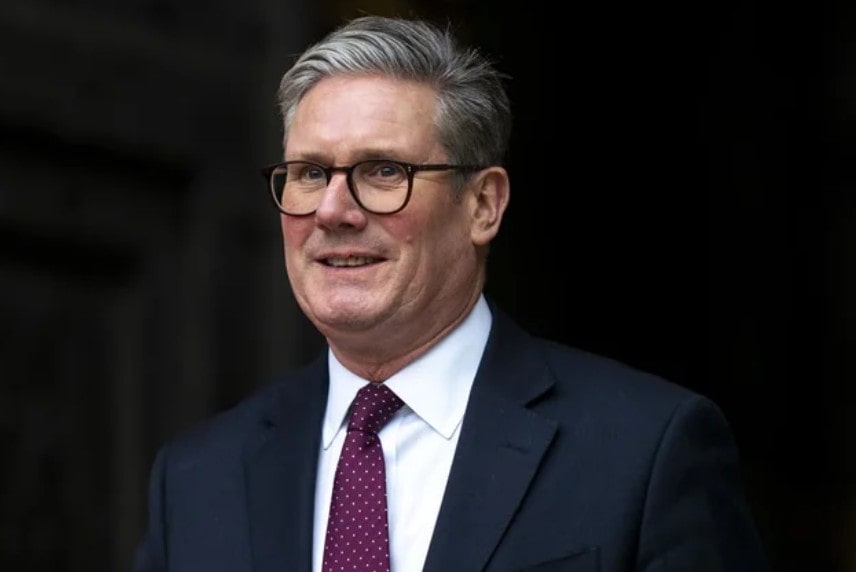The UK government has begun enforcing its new migrant return deal with France, with the first detentions taking place just hours after the scheme was activated.
In a significant development in the UK’s ongoing effort to curb illegal Channel crossings, Prime Minister Sir Keir Starmer has confirmed that the first migrants have been detained under the UK-France “one in, one out” pilot scheme.
On Wednesday, as the agreement came into effect, migrants who arrived in Dover via small boats were immediately held under the terms of the new treaty. These individuals are now set to be returned to France if their asylum applications are found to be inadmissible.
“We have detained the first illegal migrants under our new deal before returning them to France. No gimmicks, just results. If you break the law to enter this country, you will face being sent back. When I say I will stop at nothing to secure our borders, I mean it,” said the Prime Minister in a post on social media.
UK officials have been instructed to refer eligible return cases to French counterparts within just three days of arrival. France, in turn, is expected to respond within 14 days. The government says this rapid process is designed to stop the current cycle of illegal entries and expensive legal challenges.
As part of the deal, a legal entry route is also being opened. Adults and families in France can now apply through a Home Office-run online platform. Those eligible will still need to pass the usual visa and security checks.
This move is a core part of the Labour government’s pledge to crack down on illegal migration. It arrives amid rising tensions over the housing of asylum seekers, with recent protests taking place across the country — most notably outside a hotel in Canary Wharf, where several arrests were made.
“Yesterday, under the terms of this groundbreaking new treaty, the first group of people to cross the Channel were detained after their arrival at Western Jet Foil and will now be held in detention until they can be returned to France.
That sends a message to every migrant currently thinking of paying organised crime gangs to go to the UK that they will be risking their lives and throwing away their money if they get into a small boat,” said Home Secretary Yvette Cooper.
Despite the robust tone from ministers, concerns remain over the treaty’s legal framework. The agreement contains a clause requiring the UK to confirm that a migrant does not have an “outstanding human rights claim” before they can be returned to France.
Critics say this could open a back door for abuse of the system, allowing people to lodge last-minute claims that delay or block deportations.
According to Home Office sources:
- Migrants with ongoing human rights claims will not be removed until their case is heard in full by UK courts.
- Those without any existing claim can be removed and must pursue legal challenges in France.
- Even where claims are dismissed as unfounded, removals may still proceed despite future legal threats.
Labour’s new migration policy comes at a time of record-breaking Channel crossings. Over 25,000 migrants have arrived so far this year, the earliest that figure has been reached since records began in 2018. Meanwhile, the asylum application backlog remains stuck above 75,000.
With Reform UK gaining ground in the polls, the government is under growing pressure to prove its system works, and quickly.
This latest agreement with France represents a bold step, but questions remain over its legal resilience and overall impact. Whether it can deliver long-term change or simply trigger another round of legal disputes remains to be seen.






